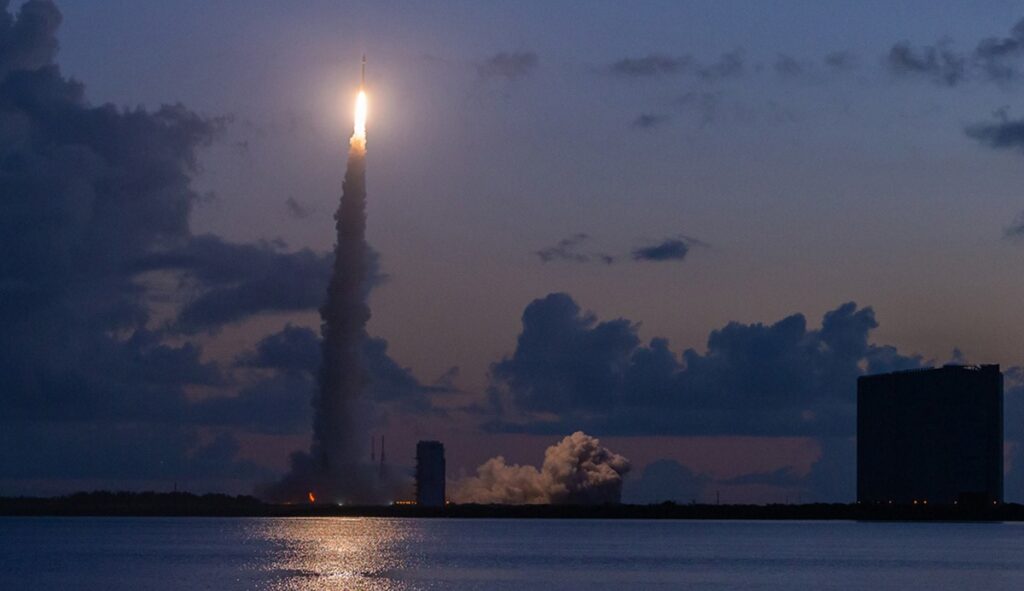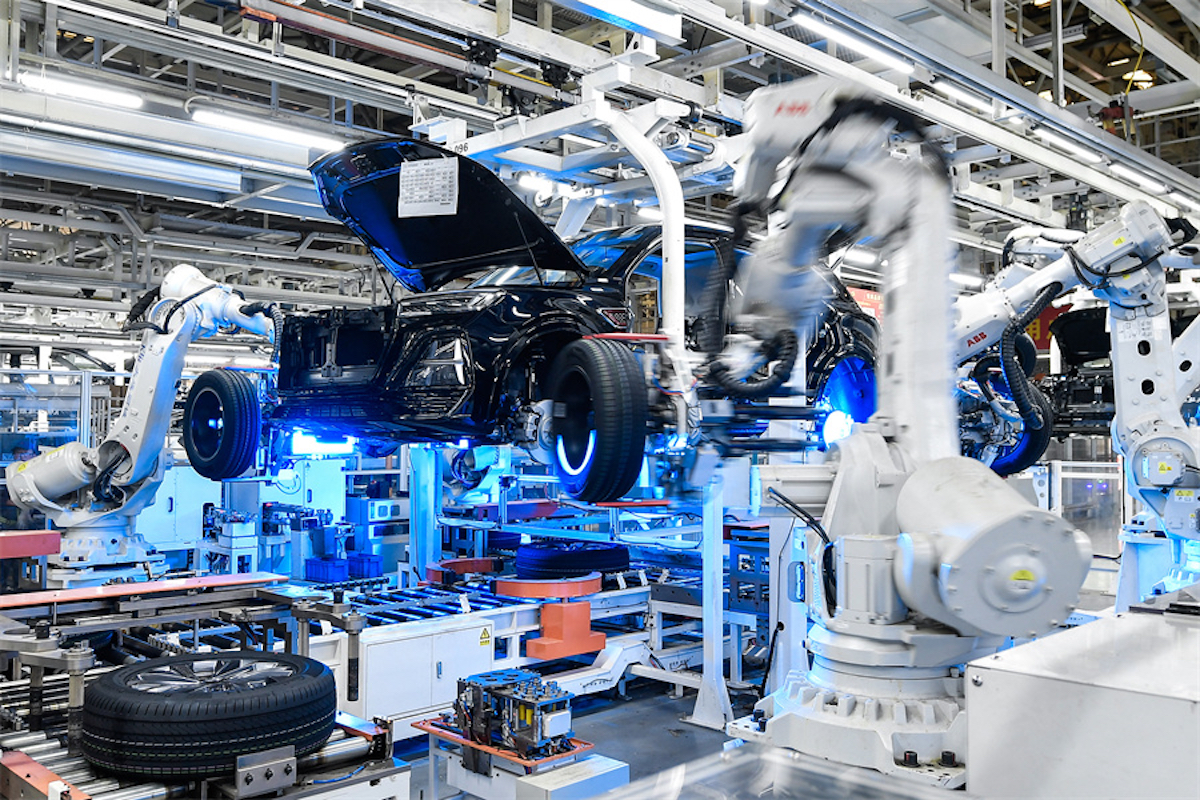
Launched in 2021 as a three-month initiative in collaboration with the nascent US Space Force, the Space Test Program has evolved significantly, reflecting the growing importance of space exploration and defense. By 2024, it had expanded into a year-long graduate certificate in Space Test Engineering. In January 2026, the program will further advance into a full master’s degree, designed to equip participants with advanced skills in the planning, execution, and analysis of complex space test and evaluation missions.
This development follows significant advocacy from Brigadier General Tyler Hague, the first Space Force Guardian to fly to space with NASA. During a recent visit to Edwards Air Force Base, Hague engaged with students, airmen, Guardians, and their families, emphasizing the critical role of science, technology, engineering, and mathematics (STEM) in future defense and exploration efforts.
“The strength of the Space Force lies in the dedication and expertise of our airmen and Guardians,” Brig Gen Hague stated. “Research in space fundamentally impacts everyone’s lives on Earth.”
Program Expansion and Its Advocates
Hague was accompanied by fellow NASA astronaut and retired US Navy Captain Sunita Williams. Together, they highlighted the universal applicability of test and evaluation principles, which span from aviation to space. The program, operated in conjunction with Space Training and Readiness Command and Space Delta 12, currently trains up to 24 participants annually. This ensures that new technologies are “combat-credible and ready for the joint fight,” as noted by Space Force Deputy Commandant-Space at Test Pilot School, Lieutenant Colonel David Heinz.
The announcement comes as global interest in space technology and defense continues to rise. The program’s expansion reflects a broader strategic vision, aiming to foster a new generation of experts capable of navigating the complexities of modern space missions.
International Implications and Collaborations
While the initiative is primarily American-led, its implications resonate globally, particularly with allies such as Australia. Since the establishment of the Defence Space Command in 2022 and the strengthening of the AUKUS partnership, which focuses on advanced technologies, Australia is actively exploring how to develop its own cadre of space test specialists. Such expertise is vital for the development of satellites, surveillance, and communications systems critical to Australia’s defense strategy.
As Brig Gen Hague articulated, “What happens here at Edwards is extremely impactful to the space mission. The people developing these skills are not only shaping the future of the United States but also strengthening our alliances.”
The Future of Space Test Engineering
The move represents a significant step forward in preparing for the future of space exploration and defense. The program’s transition to a master’s degree underscores the increasing complexity and importance of space missions. By providing comprehensive training in space test engineering, the program aims to produce experts who can lead in both national and international arenas.
According to experts, the demand for skilled professionals in space test engineering is expected to grow as nations continue to invest in space capabilities. This trend is driven by the strategic importance of space in global security and the technological advancements that are reshaping the landscape of defense.
As the program prepares for its next phase, it stands as a testament to the commitment of the US Space Force and its partners to advance space technology and exploration. The initiative not only aims to enhance national security but also to inspire the next generation of innovators and leaders in the field of space exploration.
Looking ahead, the expansion of the Space Test Program will likely influence similar initiatives worldwide, encouraging international collaboration and innovation. As nations continue to explore the final frontier, the skills and knowledge imparted by such programs will be crucial in shaping the future of space exploration and defense.







